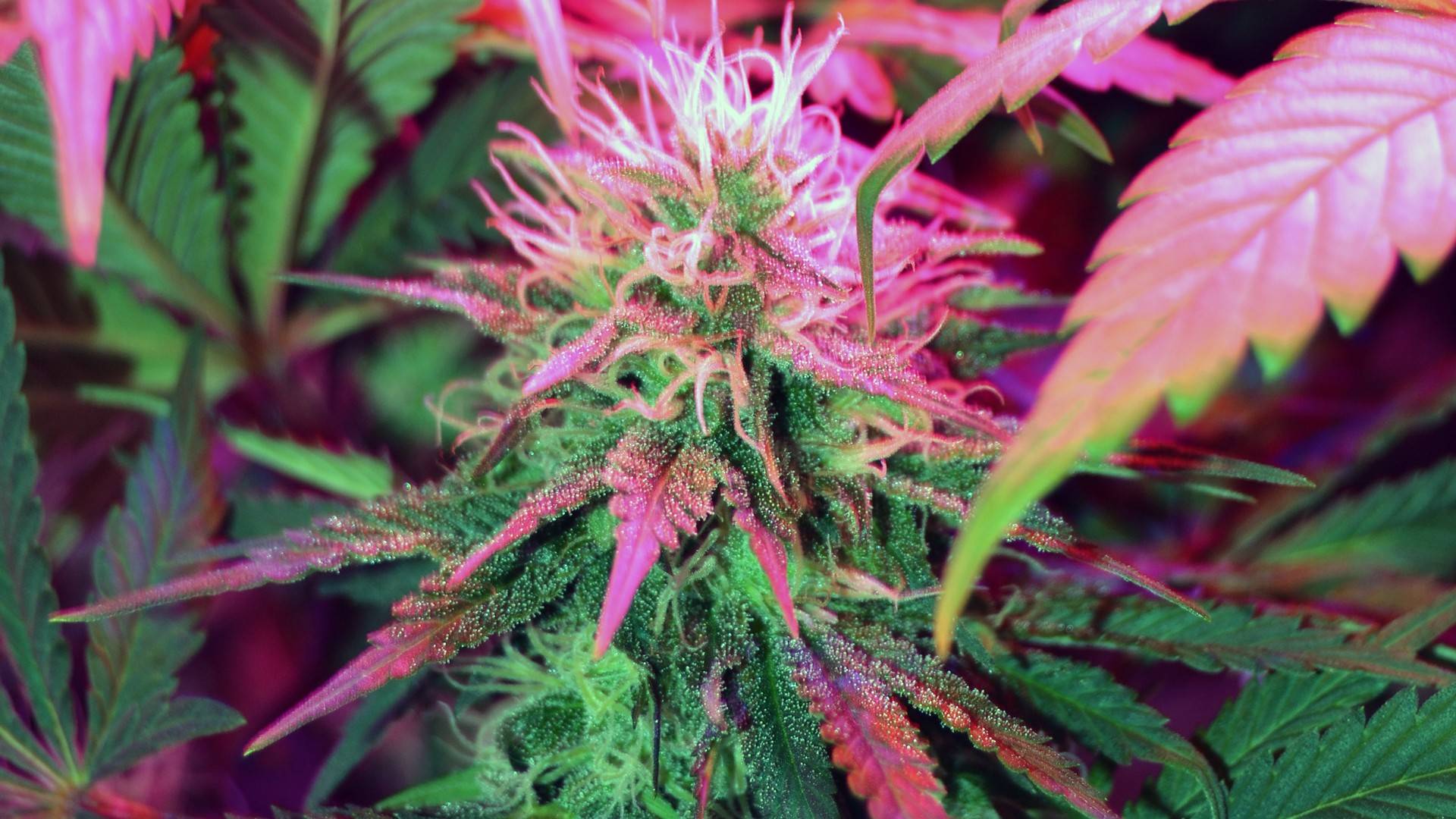Marijuana transforms how we see our environment. My clinical observations reveal consistent patterns in perception changes.
Studies show users experience:
-Altered time perception
-Heightened sensory experiences
-Changes in spatial awareness
-Modified body movement perception
These perceptual changes affect coordination and problem-solving abilities. Without doubt, these effects become more noticeable if you have high-potency products or limited experience.
My research reveals that cannabis use influences impulse control and social perceptions. Studies link marijuana use with increased impulsivity and hostile behaviors on the same day of use. Normal social interactions might suffer as users often see increased hostility in others.
Impact on Different Body Systems
My clinical practice has shown that marijuana affects body systems nowhere near what most people think. Let me tell you about how this complex plant works with different functions in our body.
Digestive system effects
Marijuana can substantially change how our gastrointestinal tract works. Research shows that regular cannabis users often develop specific gastrointestinal problems, especially GERD and pancreatitis. My research reveals several ways cannabis alters our digestive system:
-It slows down stomach emptying and reduces acid production
-It changes how food moves through the GI tract
-It can cause chronic nausea and vomiting in some users
Young adults under 35 who use marijuana have a higher risk of developing pancreatitis. This worries me because many users don’t know about these potential risks.
Endocrine system changes
Marijuana’s impact on the endocrine gadget is complex. My research confirms that cannabis interacts with multiple hormone systems thru the endocannabinoid device. Here’s what we usually see:
Thyroid Function:
-Lower thyroid hormone levels with short-term use
-Changes in thyroid receptor expression
-Shifts in metabolic regulation
Growth Hormone:
-Lower baseline GH levels in blood
-Disrupted release patterns
-Changes in somatostatin release
Immune system response
My research has uncovered fascinating details about how marijuana affects immune function. Our lungs protect us first against inhaled substances, and cannabis can change this defense system substantially. Here’s what we know about marijuana’s effect on immune cells:
-It lowers inflammation in various disease models
-It changes both innate and adaptive immune systems
-It can weaken NK cell function and cytolytic activity
Regular cannabis smoke inhalation changes immune cell populations. Research shows an increase in both tissue-resident and monocyte-derived alveolar macrophages. These changes matter especially if you have a weakened immune system.
The sort of thing I love is how cannabinoids can either boost or suppress immune function. This depends on:
-Drug concentration
-Timing of delivery
-Type of cell function analyzed
Research shows these effects typically happen at concentrations higher than needed for psychoactivity (>10 μM or >5 mg/kg). This means recreational users might experience different immune system effects than medical marijuana patients who use higher doses.
Long-Term Health Implications
My decades of research on marijuana’s effects have shown that long-term cannabis use has complex health implications we need to think over.
Chronic use effects
Regular marijuana use affects cognitive function by a lot. Studies show that long-term cannabis users’ IQ drops by 5.5 points from childhood. My research shows that people who use marijuana heavily (at least weekly) show noticeable problems across several cognitive areas.
Heavy users face bigger problems. People who smoke marijuana four or more times per week show more cognitive issues. What worries me is that a long-term user’s family and friends often notice their memory and attention problems.
Potential health risks
Long-term marijuana use creates health risks beyond just cognitive problems. My clinical data shows several worrying patterns:
Respiratory Issues:
-Daily cough with colored mucus
-Higher chance of bronchitis and lung infections
-Scarring of small blood vessels
Mental health risks are a vital concern. Research shows that about 1 in 10 adult users develop cannabis use disorder. Teenagers face even higher risks – they’re four to seven times more likely than adults to develop this disorder.
Long-term marijuana use puts stress on your heart and blood vessels. It can:
-Raise blood pressure
-Increase stroke risk in adults under 55
-Make heart disease more likely

